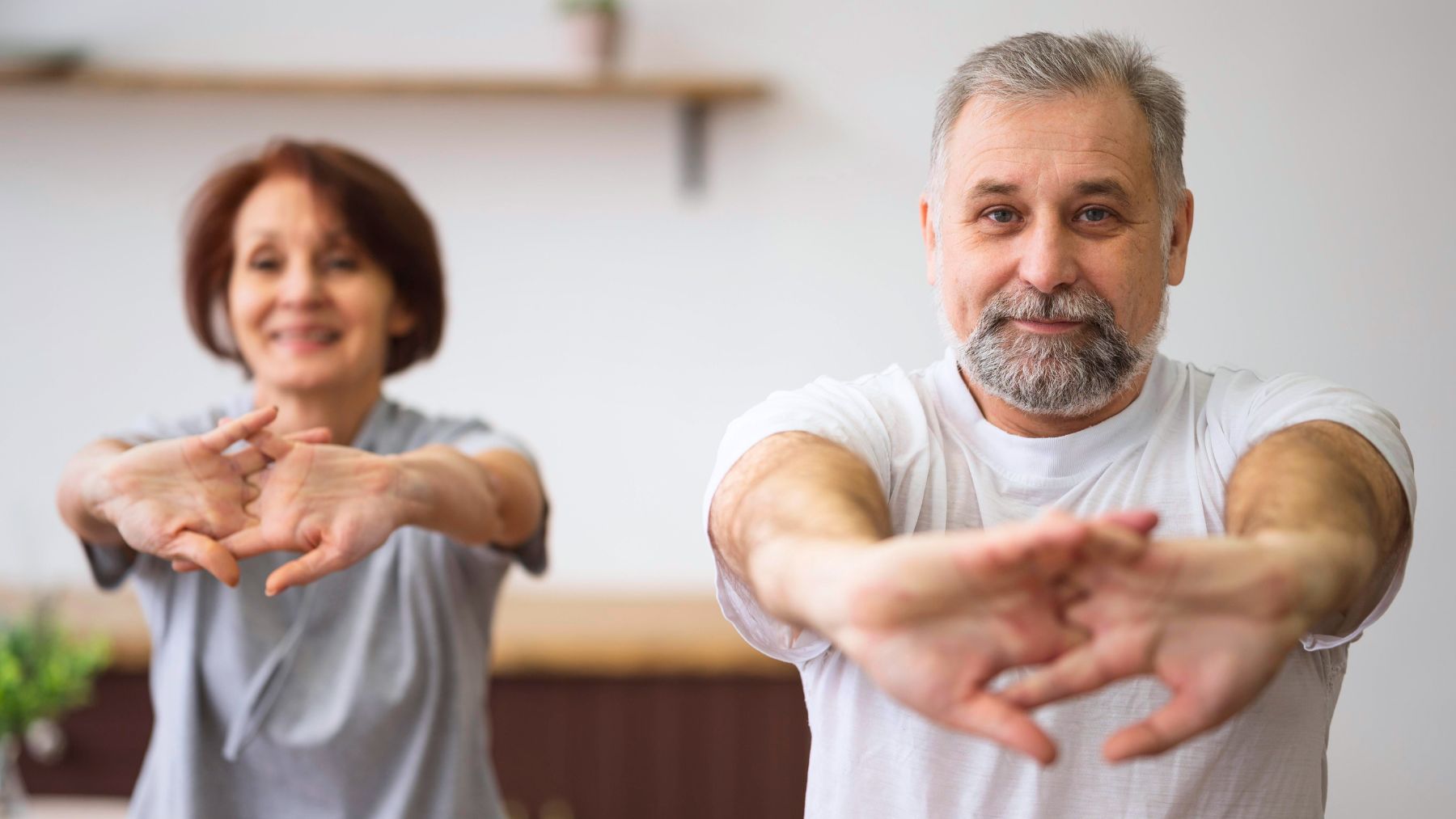Seniors are at higher risk for injury, and each fall can result in anything from a minor bruise to a serious hip fracture. These injuries not only affect mobility but also diminish quality of life, contributing to issues like osteoporosis and chronic pain. Besides, the fear of falling often discourages seniors from staying active, which can worsen other health conditions.
Here, we’ll outline simple strategies to reduce the risk of falls. Harvard Health experts and geriatric care specialists advise a blend of approaches that will help you maintain stability and mobility in your golden years. Let’s take a look at their suggestions.
Practices seniors should follow to prevent falls
Falls can stem from muscle weakness, distracted minds, age-related conditions, or even sudden drops in blood pressure. Harvard Health experts highlight five essential steps that can support independent living.
Build a daily exercise routine
Daily movement strengthens your muscles, boosts circulation, and improves stability. Research indicates that practicing recommended exercise routines, such as strength training, balance exercises, and flexibility movements, can reduce the number of people who fall by approximately 15% and lower the fall rate by about 23%. A clinician, physical therapist, or senior fitness specialist can help you design a personalized exercise plan tailored to your needs.
Strengthen your mind
Good cognitive function and mental sharpness enable you to remain aware of your surroundings and quickly adapt to unexpected events. Mind-body exercises such as tai chi, yoga, or dance enhance focus and improve balance by boosting neurological communication. These activities keep your brain engaged while teaching your body to move deliberately and with coordination. By merging physical movement with mental concentration, you can effectively reduce your risk of falls and support your mental health.
Review your medications
Certain drugs may lead to side effects such as dizziness, drowsiness, or muscle weakness, increasing the likelihood of a fall. Regular consultation with your doctor or pharmacist is key, especially when managing chronic conditions like hypertension or diabetes. Always follow your doctor’s instructions and inquire if there is an option to modify or adjust your treatment plan.
Get regular vision and hearing checks
Clear vision and acute hearing enable you to detect obstacles and navigate safely. Check-ups with your optometrist and audiologist ensure that your glasses and hearing aids are functioning properly. This is critical in fall prevention and sensory health, so be diligent with appointments and carefully consider your doctor’s recommendations for adjustments.
Tidy up your home environment
Most falls occur at home, which makes a well-organized living space essential for safety. Take time each year to inspect your home and remove clutter from hallways and common areas. You can reorganize furniture to create unobstructed pathways and keep everyday items within easy reach, add extra lighting near beds, hallways, and doorways, and install grab bars and handrails in critical areas, such as stairways and bathrooms.
Preventing falls requires a comprehensive blend of physical exercise, mental alertness, careful medication management, regular sensory evaluations, and a tidy, secure home environment. Each step contributes to lowering your risk of falling while also supporting an active lifestyle as you age.
